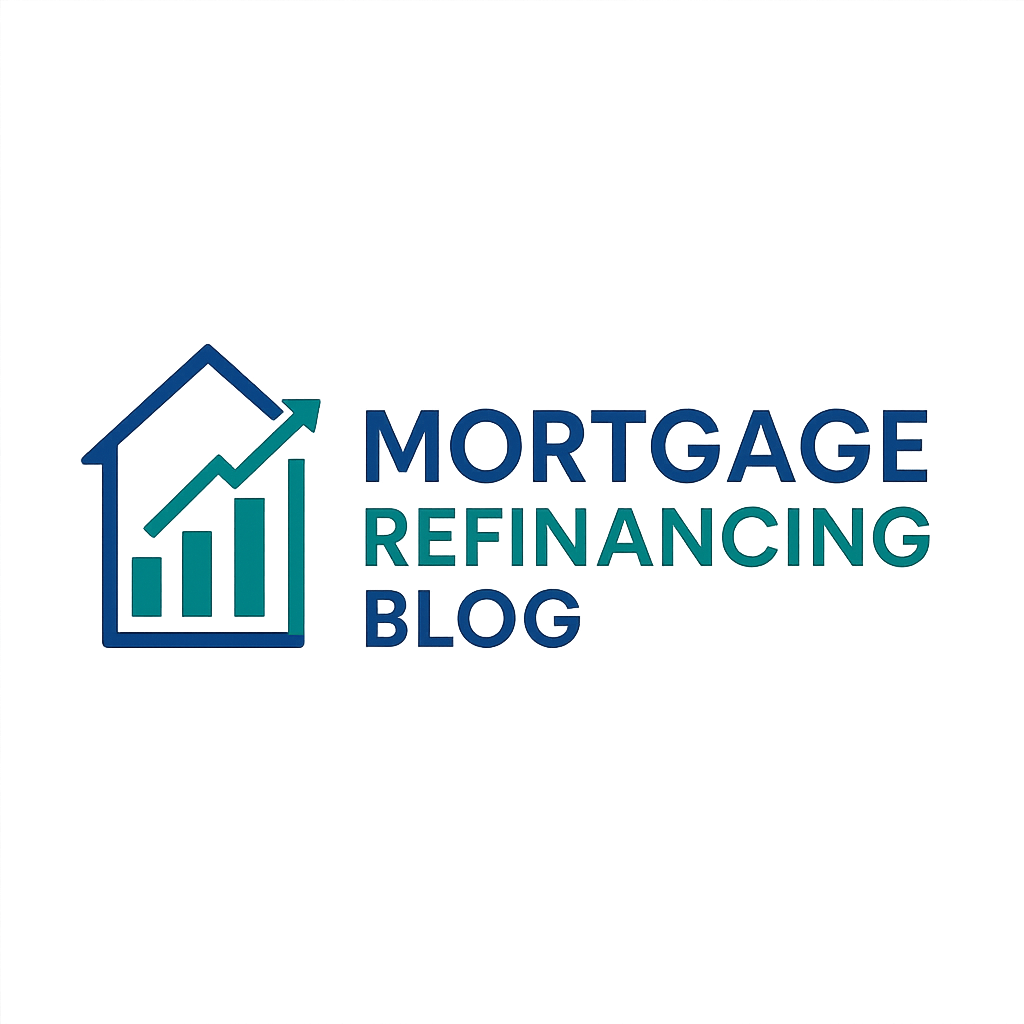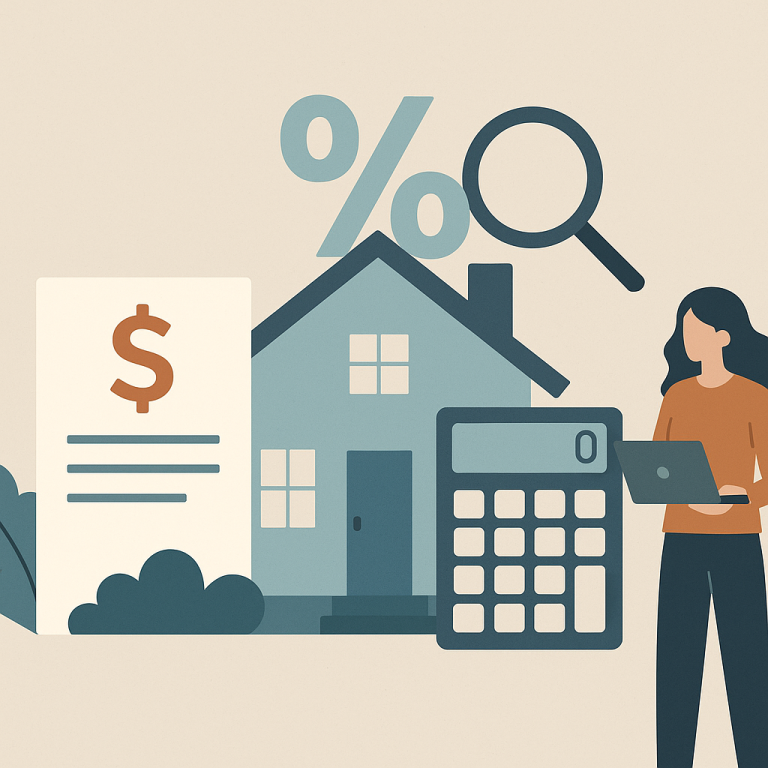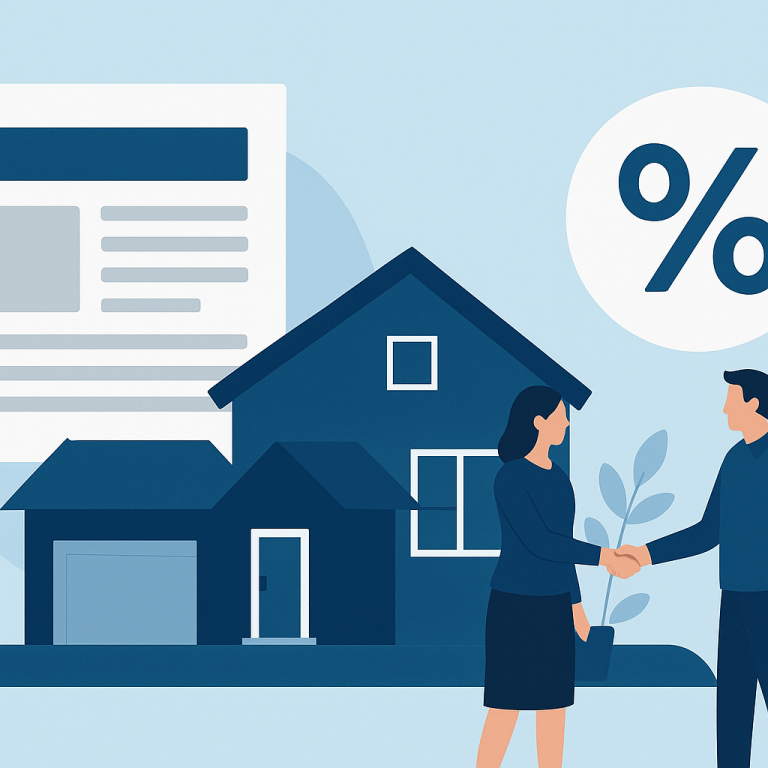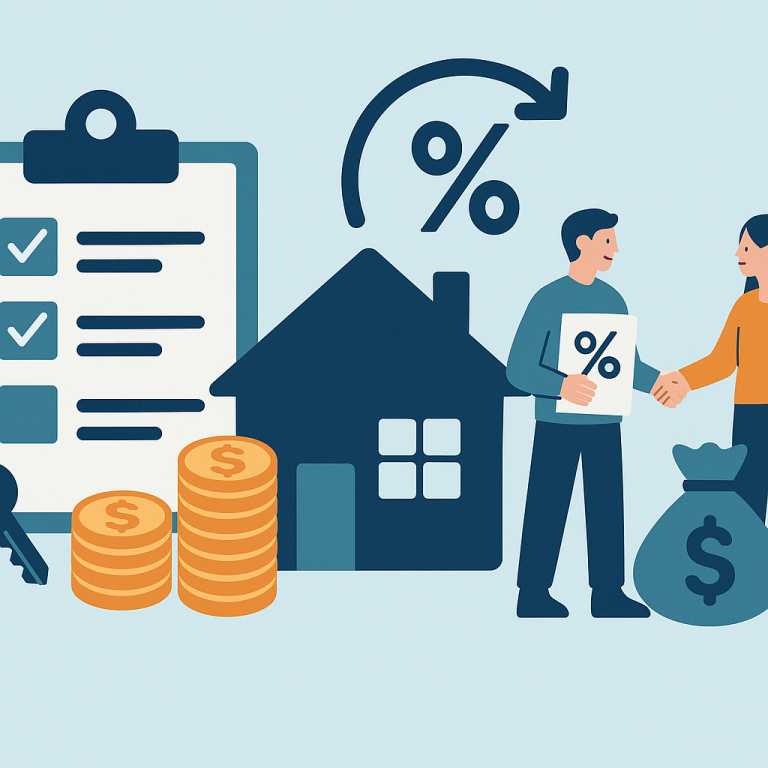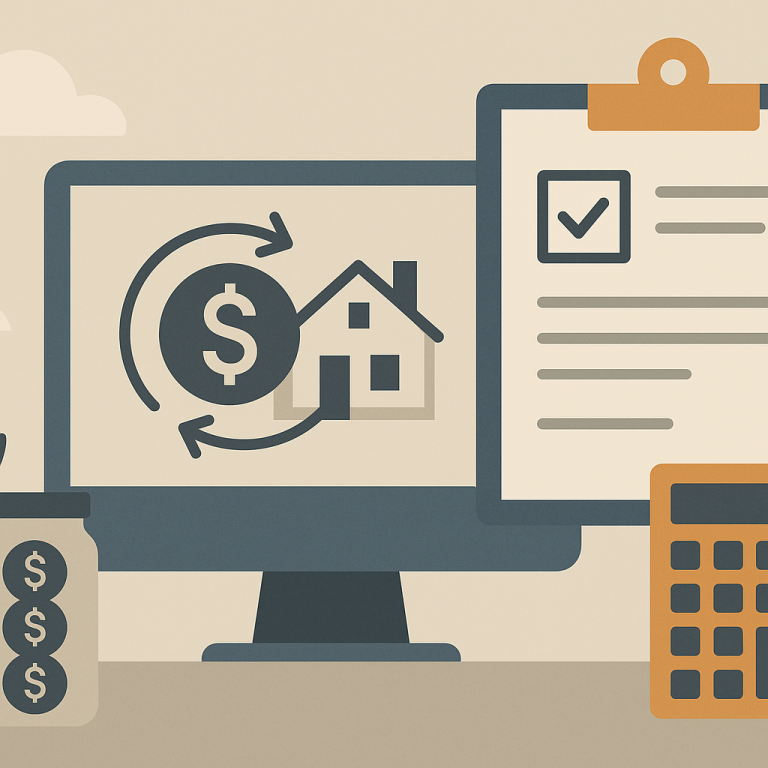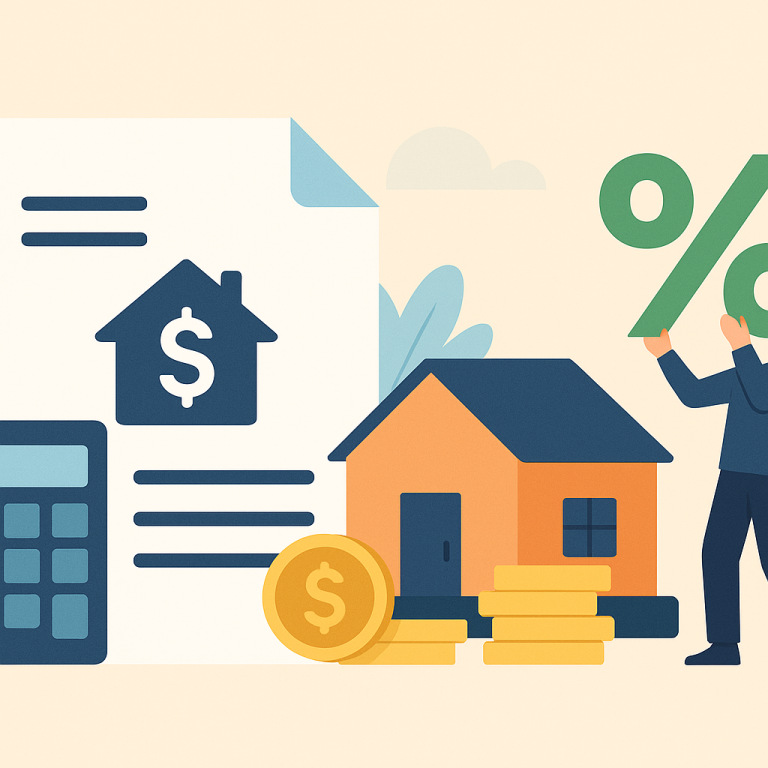Refinance guide refinance for first-time investors house-hack scenarios
Refinancing for First-Time Investors in House-Hack Scenarios: What It Is and When It Makes Sense
House-hacking means buying a property you occupy while renting out part of it to cover mortgage and expenses — common examples are duplexes, triplexes, or single-family homes with rentable rooms. Refinancing in this context means replacing your current mortgage with a new loan to change the interest rate, loan term, or loan type, or to access equity (cash-out) to fund additional investments or repairs.
Refinancing makes sense for first-time investor house-hackers when you want to: lower the monthly payment, convert owner-occupant financing to an investor loan, pull out equity for a down payment on another property, remove mortgage insurance, or stabilize financing after the initial purchase period. Timing depends on your goals, your loan’s seasoning rules, and local market conditions.
Benefits and Drawbacks
Benefits
- Lower monthly payments: A lower rate or longer term can improve cash flow and make the rental income more profitable.
- Access to capital: Cash-out refinances can generate funds for down payments on another investment, repairs, or improvements to increase rent.
- Move to investor-friendly terms: If you plan to stop occupying the property, refinancing to an investor loan may align your mortgage with your new use and reduce compliance risks.
- Remove or reduce mortgage insurance: If home value has increased, refinancing may eliminate private mortgage insurance (PMI) or FHA mortgage insurance premiums (MIP) once you reach the required equity threshold.
Drawbacks
- Closing costs and fees: Refinances carry upfront costs that can negate short-term savings.
- Possible loss of owner-occupant advantages: Some owner-occupant programs (like FHA or special programs) offer lower rates or lower down-payment requirements that you may lose if you switch to an investor loan.
- Seasoning/occupancy rules: Lenders often require you to live in the property for a minimum period before allowing certain refinance types, especially cash-out.
- Higher interest for investment loans: Conventional investor loans typically have higher rates and stricter underwriting than owner-occupant loans.
Costs and Fees to Expect
Refinance costs vary but commonly include:
- Loan origination fees (often 0.5%–1.5% of the loan amount)
- Appraisal fee (varies by property type and location)
- Title search and insurance
- Credit check and underwriting fees
- Prepaid items: escrow for taxes and insurance
- Recording and transfer fees
Overall closing costs typically range from about 2% to 6% of the loan amount. If you’re doing a cash-out refinance, expect stricter LTV limits — conventional cash-outs often limit you to 75%–80% LTV for investment properties — and possible higher interest rates or mortgage insurance requirements.
Step-by-Step Refinance Process for a House-Hack
- Clarify your goal: Are you lowering payments, removing PMI, converting to an investor loan, or pulling cash out to buy another property? Your goal determines the best loan type.
- Check eligibility and seasoning: Confirm how long you must have owned and occupied the property. Many lenders require 6–12 months of ownership/occupancy before cash-out refinancing is allowed.
- Review finances: Check your credit score, debt-to-income ratio (DTI), and current home equity. Improving these before applying helps you get better terms.
- Shop lenders and loan types: Compare conventional, FHA, VA (if eligible), and portfolio lenders. Some lenders specialize in small multi-unit or house-hack financing.
- Get pre-approved: Submit documentation: pay stubs, tax returns, bank statements, current mortgage statement, and lease agreements for rented units/rooms if applicable.
- Appraisal and underwriting: Lender orders an appraisal to determine current value; underwriters review income, occupancy, and property condition.
- Clear conditions and close: Address any underwriter conditions, finalize closing disclosures, sign documents, and pay closing costs.
- Transition to rental status (if applicable): If you stop occupying the unit after refinancing, follow any lender timelines and document the change in use for taxes and compliance.
Common Pitfalls to Avoid
- Violating occupancy rules: Certifying the property as your primary residence and then quickly converting it to a rental can trigger lender penalties or allegations of mortgage fraud. Understand and follow required occupancy periods.
- Ignoring total cost of ownership: Lower monthly payments from refinancing don’t always lead to better returns if you extend the loan term or pay high closing costs.
- Overleveraging: Using all equity for a cash-out down payment on another property can leave you with little cushion for repairs or vacancies.
- Failing to account for investor loan differences: Higher interest rates, stricter underwriting, and different tax or insurance implications often apply to investor loans.
- Not documenting rental income properly: Lenders will want leases and proof of rent; poorly documented income can hurt qualification.
Short FAQ
Can I refinance right after I buy a house-hack property?
Usually no. Most lenders require a seasoning period — often 6–12 months — before allowing cash-out refinances or switching loan types. Rate-and-term refinances may be available sooner, but terms vary by lender and loan program.
Can I use a cash-out refinance to fund another investment property?
Yes. Cash-out refinance proceeds can be used as a down payment for another property, but expect limits on maximum LTV, higher rates for investment loans, and documentation requirements for the intended use of funds.
Do I need to switch to an investor loan if I stop living in the property?
Not immediately in all cases, but lenders typically expect you to notify them if occupancy changes and you may need to refinance into an investor loan eventually. Some loans have clauses about occupancy that could affect eligibility or terms if you stop living there too soon.
Can I transfer the property into an LLC after refinancing?
Many lenders prohibit transferring title to an LLC without paying off the mortgage or refinancing into an LLC-acceptable loan. If you plan to move ownership to an LLC, talk to your lender and attorney before refinancing.
Refinancing a house-hack is a powerful tool for first-time investors when used strategically: it can improve cash flow, unlock capital, and align financing with evolving investment plans. Take time to evaluate seasoning rules, total costs, and long-term goals before you proceed.
META: house-hack-refinance-first-time-investor
